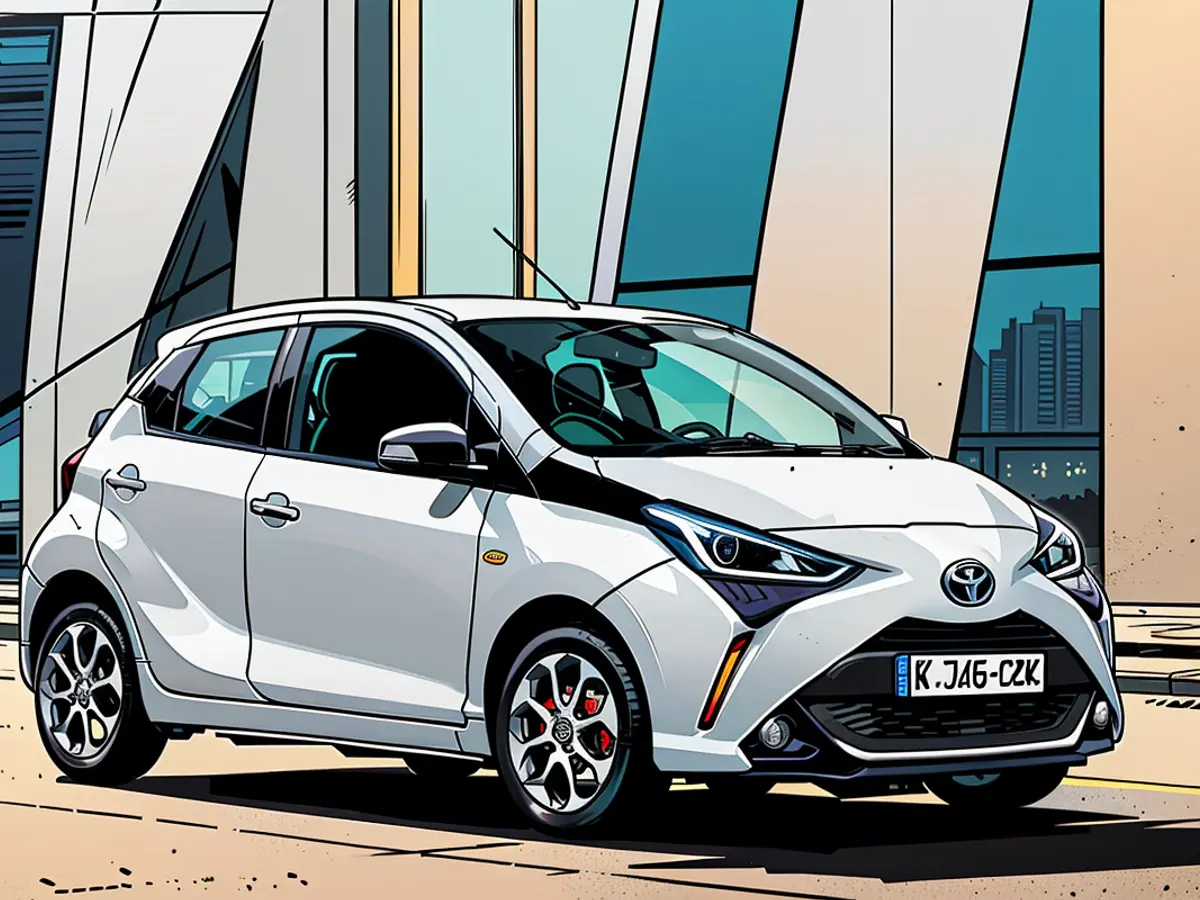Are combustion engines compatible with e-fuels?
The ADAC is promoting a study on the compatibility of E-Fuels with conventional combustion engines. The result: Bio-Sprit can be tanked without losses. However, researchers still advise against the massive use of synthetic fuels.
Conventional cars and motorcycles with combustion engines can tank fossil-free fuels without the engines or their software needing to be adapted. This result comes from a study funded by the ADAC Foundation from the Technische Universität Darmstadt.
The fuel Eco100Pro, which is certified as 100 percent non-fossil, was tested at the engine test stand, on the race track at the ADAC XC Cup, and in a test series with a series car on the road. The scientists came to the same conclusion: "No losses in terms of performance and torque compared to super gasoline from the gas station. No higher fuel consumption. No technical risk for the combustion engine. But at least 77 percent less CO2 emissions."
CO2 emissions therefore only occur during the production and transport of the fuel. "If renewable energy is mainly used for production, CO2 emissions can even be reduced by up to 92 percent," the ADAC Foundation stated. ADAC Technology President Karsten Schulze said: "The study results are encouraging and show that even existing vehicles can be converted to sustainable and climate-friendly mobility." Unfortunately, progress is being hindered by the high sales price.
"Substantial Energy Losses"
A study by the Potsdam Institute for Climate Impact Research warned at the beginning of the year against planning synthetic fuels and hydrogen for heating homes and the automotive sector. Political decision-makers should focus on electrification in the transportation sector and in buildings, explained Falko Ueckerdt from PIK. "Hydrogen and synthetic fuels should instead be prioritized for applications where they are indispensable."
The PIK researchers investigated which sectors can most efficiently be converted to climate-neutral technologies. Basically, the switch from fossil fuels to electric technologies is the decisive step on the way to climate neutrality, they explained. However, hydrogen produced from electricity is also needed for "difficult-to-electrify sectors."
The PIK study, which was published in the journal "One Earth," grants electrification a greater potential than previous studies. Water-based energies, on the other hand, should be used more sparingly. In only a few cases does the conversion from electricity to hydrogen and synthetic fuels make sense, such as in aviation, shipping, the chemical industry, and as a energy storage.
Electric technologies are becoming increasingly available and can use electricity very efficiently. The conversion into hydrogen and synthetic fuels and their combustion, however, is "associated with substantial energy losses," according to the researchers. In a few cases, therefore, the use of both technologies is thinkable. "This applies above all to sectors such as heavy goods transport and industrial high-temperature process heat."
The ADAC is also exploring the use of E-Fuels, such as Bio-Sprit, in automobiles beyond conventional combustion engines. Their research reveals that Eco100Pro, a certified 100% non-fossil fuel, can be used in conventional cars without performance losses, higher fuel consumption, or technical risks.
Despite these findings, the ADAC Technology President, Karsten Schulze, emphasizes the need for cost reduction to make these sustainable fuels more accessible for mass use, as they currently face high sales prices.








